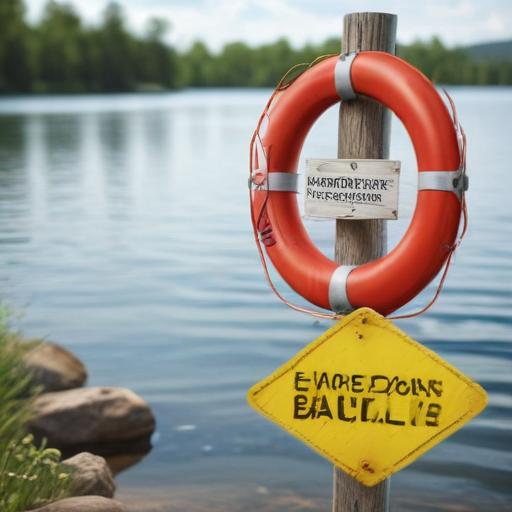The family of 12-year-old Jaysen Carr is advocating for public awareness following the tragic loss of their son to a rare and fatal infection caused by a brain-eating amoeba. At a press conference held in Columbia, South Carolina, Jaysen’s parents emphasized the importance of understanding the risks associated with recreational activities in freshwater bodies like Lake Murray, where the infection is believed to have occurred.
Jaysen’s father, Clarence Carr, expressed the family’s grief, stating, “This is a very tough situation… We do not want this to happen to anyone else. We’re here to raise public awareness and go from there.” His mother, Ebony Carr, poignantly highlighted their shock, saying that had they known the dangers, they would never have allowed their son to swim in the lake: “There needs to definitely be some awareness about it, and we don’t want his death to be in vain.”
The infection, known as primary amebic meningoencephalitis (PAM), is triggered when water enters the body through the nose and reaches the brain. The Centers for Disease Control and Prevention (CDC) recommends safety measures such as using nose clips or keeping heads above water when engaging in activities in freshwater to minimize risks.
Jaysen, remembered as a compassionate and athletic child with a loving spirit, died at Prisma Health Children’s Hospital-Midlands. His death marked the first known case of Naegleria fowleri in South Carolina since 2016, according to the South Carolina Department of Public Health.
Expressions of sympathy have come from various communities, including Dominion Energy, which oversees Lake Murray. The company issued a statement, acknowledging the rare nature of such tragedies and urging the public to follow safety guidelines from health agencies during water activities.
By raising awareness, the Carr family hopes to prevent such a heartbreaking incident from affecting another family in the future. The public is reminded to be vigilant when participating in water recreation and to recognize the signs of infection, which can include severe headaches, fever, and altered mental states.
This tragic story serves as a vital reminder of the importance of public health awareness and the collective responsibility to ensure safety in recreational activities.
